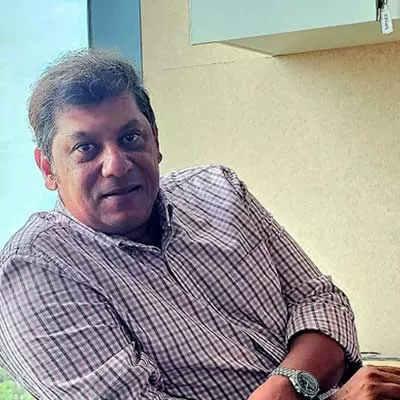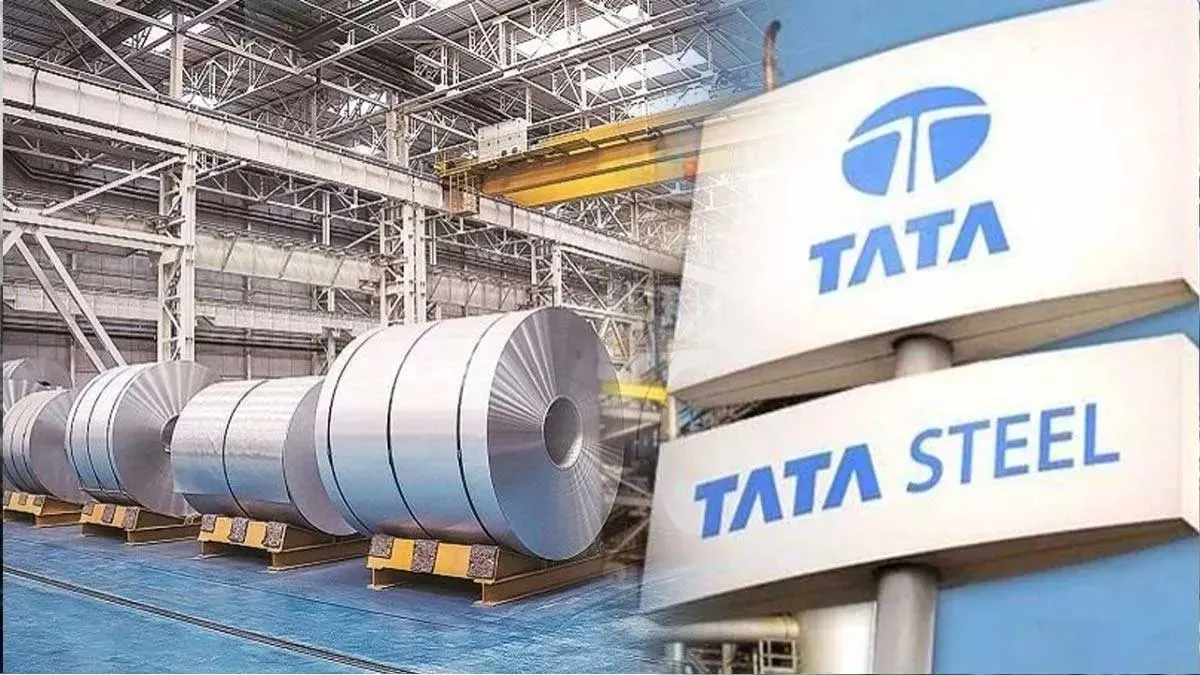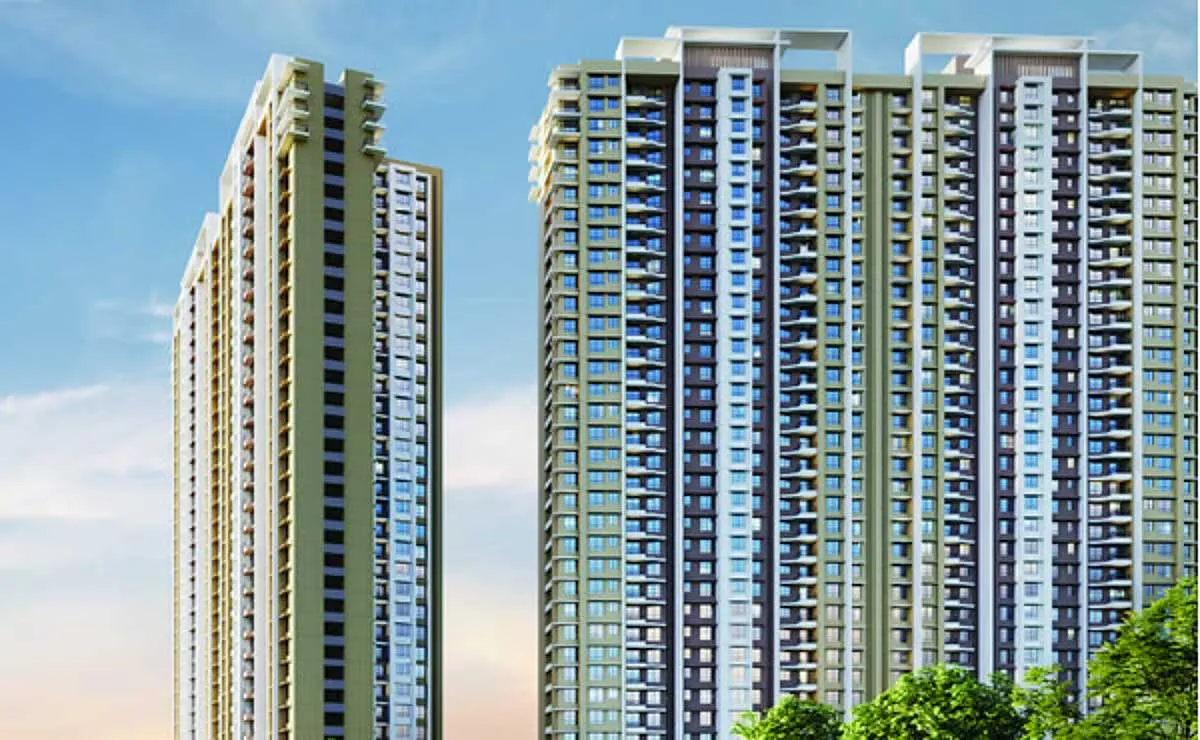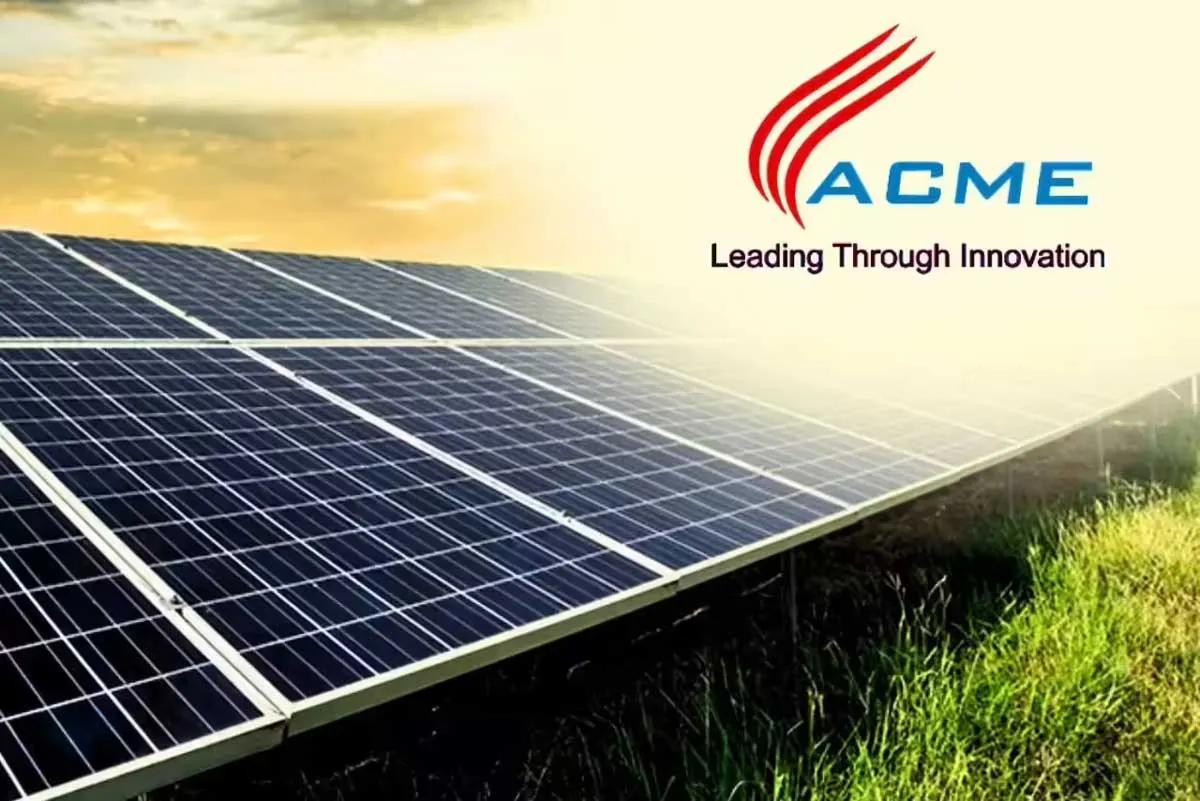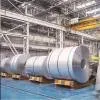A Bengaluru-based startup in the precast concrete segment, IndiHome123 delivers homes in 123 days – right from ground breaking to handing over keys. From personalised design consultations to streamlined project management, the company’s team is dedicated to making the homebuilding journey as seamless and stress-free as possible, whether it is a cosy bungalow or a modern villa. Sagar Muthappa, CEO, IndiHome123, in conversation with R SRINIVASAN, speaks of how the company leverages expertise, resources and cutting-edge techniques to bring the client’s vision to life, and in an unprecedented time frame, without compromising on quality, as well as challenges and opportunities for startups in India’s precast concrete sector. Excerpts:Please share your journey since inception.IndiHome123 was conceived by me and Uttam Muthappa (Director) with a vision to revolutionise the homebuilding industry in India using precast concrete methods. Initially focused on developing layouts and large industrial buildings, we saw an opportunity to simplify the home construction process. We pioneered the establishment of an enterprise to manufacture and install various precast products ranging from roof slabs to toilet pods. Today, the company stands as a testament to our vision, creating homes that are not only built efficiently but also embody quality and transparency. Our current market share reflects our growing influence in the Indian housing market, with a focus on both individual homes and larger residential projects. Our target is to significantly expand this share by continuously innovating and ensuring customer satisfaction, aiming to make the homebuilding process a joyous and stress-free experience for our clients.How did funding for the startup come about?IndiHome123 is a bootstrapped venture, meaning it was funded entirely by the founders without external investment. This approach allowed us to invest our own resources and savings into the business, demonstrating our strong belief in the potential and viability of our vision. By not relying on external investors, the company was able to focus on organic growth, carefully managing its finances and operations to maximise efficiency and effectiveness. This self-funding strategy also fostered a culture of innovation, as we were free to explore new ideas and approaches without the constraints often imposed by external funding sources. Ultimately, bootstrapping provided IndiHome123 with a solid foundation for sustainable growth, allowing the company to expand and evolve at its own pace while maintaining a clear focus on its core mission and values.What are the challenges and opportunities for such startups?The precast concrete sector in India presents a unique set of challenges and opportunities for startups. One of the primary challenges is gaining widespread acceptance among traditional builders and customers who are accustomed to conventional construction methods. This often involves extensive education and demonstration of the benefits of precast methods. Additionally, managing the logistics of transporting large precast elements to various construction sites across the country can be complex and costly. Another significant challenge is the need for a skilled workforce trained specifically in precast construction techniques, which requires ongoing investment in training and development.However, the opportunities in this sector are immense. The most significant advantage is the speed of construction, which allows us to meet the increasing demand for rapid urbanisation. Precast methods enable us to construct homes much faster than traditional methods, significantly reducing the time to market. Moreover, producing high-quality, consistent construction elements in a controlled environment ensures superior quality and durability. The sustainability aspect of precast concrete is another critical opportunity, as it reduces waste and enhances the overall sustainability of the construction process.In terms of technology adoption, prefab is facing the same situation that ready-mix concrete faced when it was first introduced into the market in India. There was a lot of pushback from structural engineers, contractors, etc. Everyone has a kind of tunnel vision with one technology. We have to promote the technology, prove it in the marketplace and the construction site, and say that this technology works. So, the mindset must change. We may soon be doing 3-D printing in India. We are maybe five or seven years away from it but 3-D technology is here to stay and it cannot be ignored. It is vital to ensure best quality and timely completion of projects.What cutting-edge techniques does the company employ?Central to our approach is the use of advanced precast concrete technology, which allows for rapid assembly of building components onsite. This method significantly reduces construction time compared to traditional methods. Additionally, we utilise modular construction techniques, creating sections that can be quickly assembled. This not only speeds up the construction process but also ensures high quality and consistency. Integrated planning and design using sophisticated software enable us to manage projects with precision and efficiency, ensuring that we meet our timelines without compromising on quality. Our streamlined processes, from planning to execution, ensure that we maintain a transparent and efficient workflow throughout the construction journey.Please comment on the sustainability factor. Sustainability is a key consideration in the construction of precast concrete structures at IndiHome123. One of the primary sustainability benefits of precast concrete is the significant reduction in waste. As precast elements are manufactured in a controlled environment, we can minimise material wastage and optimise resource use. Additionally, precast concrete offers improved thermal efficiency, which helps reduce energy consumption for heating and cooling, contributing to the overall energy efficiency of the buildings. The durability and longevity of precast concrete structures further enhance their sustainability, as they require less frequent repairs or replacements, reducing the long-term environmental impact. Our commitment to sustainability is integrated into every aspect of our construction process, ensuring that we build homes that are not only high-quality and efficient but also environmentally responsible.What are the pros and cons of green steel and green cement?Green steel and green cement are innovative materials that offer significant environmental benefits, but their adoption comes with both advantages and challenges. Green steel, produced through processes that lower carbon emissions and utilise recycled scrap metal, offers a reduced carbon footprint and contributes to improved sustainability in construction. However, the higher cost and limited availability of green steel are significant barriers to its widespread adoption. Similarly, green cement, which incorporates industrial byproducts and reduces CO2 emissions during production, enhances the sustainability of construction projects. Yet, like green steel, it is more expensive than traditional cement and there is limited awareness and acceptance of its benefits within the industry. Apart from the cost factor, the primary challenges holding back the full-fledged adoption of green materials are the lack of a robust supply chain infrastructure and insufficient education about their long-term benefits.What is the future of emerging startups in this sector? The future is bright, with numerous opportunities for growth and innovation. As the demand for faster, more efficient construction methods continues to rise, startups that can offer innovative solutions are well-positioned to capture significant market share. The growing emphasis on sustainable building practices further enhances the prospects for precast technology, which is inherently more sustainable than traditional construction methods. Additionally, potential government incentives and support for adopting advanced construction technologies could provide a further boost to startups in this sector. We are committed to being at the forefront of this evolution, driving change and setting new standards in the construction industry. Our focus on innovation, quality and customer satisfaction will continue to guide our growth and success in the years to come.
